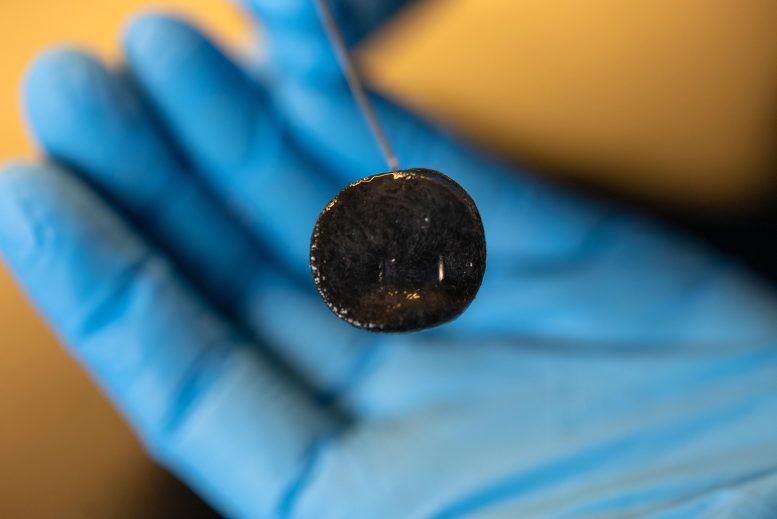Lease vs. buy decisions on manufacturing equipment for businesses aiming to expand operations or improve production capabilities require careful consideration. Each option presents its own set of advantages and drawbacks, influenced by factors like the company’s financial health, operational needs, and long-term strategic goals.
Purchasing equipment can be more cost-effective over its lifespan, but it requires a significant initial investment, which impacts cash flow. On the other hand, leasing requires less cash upfront, easing short-term budget constraints. Buying also offers the flexibility to modify or sell the equipment if necessary, whereas leasing provides an opportunity to keep pace with the latest technology without a long-term commitment. Buying or leasing should align with your business’s specific circumstances and objectives.
The Case for Leasing Manufacturing Equipment
Lower Initial Costs
Leasing equipment often requires less upfront capital compared to buying. This can be particularly advantageous for startups and small businesses that may not have significant cash reserves. Leasing agreements may also cover equipment maintenance and repair, reducing unexpected costs.
Flexibility
Technology in manufacturing evolves rapidly, and equipment can become obsolete quickly. Leasing allows businesses to upgrade to newer, more efficient technology more frequently than if they owned the equipment. This flexibility can be important in industries where staying at the forefront of technology is essential for competitive advantage.
Tax Benefits
Businesses can often deduct lease payments as business expenses on their tax returns, which could lower the lease’s net cost. It’s important for businesses to consult with a tax professional to understand how leasing or buying impacts their tax situation.
The Case for Buying Manufacturing Equipment
Long-term Savings
Although purchasing manufacturing equipment requires a larger initial investment, it can be more cost-effective in the long run. Owning equipment eliminates the need for ongoing lease payments and can reduce costs over its useful life.
Depreciation Benefits
When a business purchases equipment, it can typically write off its depreciation, spreading the cost over the equipment’s useful life, as defined by tax laws. This can provide significant tax advantages, especially in the early years of ownership.
Control and Customization
Equipment ownership allows a company complete control over its use, including customization and modifications as needed, without restrictions often imposed by lease terms. Purchasing might be the only viable option for businesses requiring highly specialized equipment.
Factors to Consider
- Financial Health: A company’s decision between leasing and buying significantly depends on its cash flow. Companies with limited cash may prefer leasing to preserve their working capital and maintain liquidity. Conversely, well-capitalized businesses might purchase equipment to maximize long-term profitability and equity.
- Operational Needs: The decision also hinges on the equipment’s intended use. If the equipment is needed for a core aspect of the business and will be used to its full lifespan, purchasing may be justified. However, leasing might make more sense if the equipment is required for a specific short-term project.
- Maintenance Costs: Owning equipment means taking on the responsibility for its maintenance, which can become costly as equipment ages. Businesses must weigh their ability to manage these costs against the potential benefits of owning the latest equipment via lease.
- Market Conditions: In rapidly evolving industries, the risk of equipment obsolescence is higher. Leasing can mitigate this risk by allowing businesses to update their technology without the financial burden of owning obsolete equipment.
Lease vs. Buy Decisions
A company’s financial health, operational needs, and long-term business goals should guide whether to lease or buy manufacturing equipment. Leasing offers flexibility, lower initial costs, and potential tax benefits, making it suitable for companies that need to stay on top of technological advancements or preserve capital. On the other hand, buying benefits businesses looking for long-term savings, tax depreciation benefits, and greater control over their equipment. Ultimately, each company must assess its unique situation and possibly consult with financial advisors to make the best choice. Alternatively, business owners can seek out lease management software to help guide in lease vs. buy decisions. Investing in software upfront can go a long way in saving organizations money spent leasing or purchasing assets.







